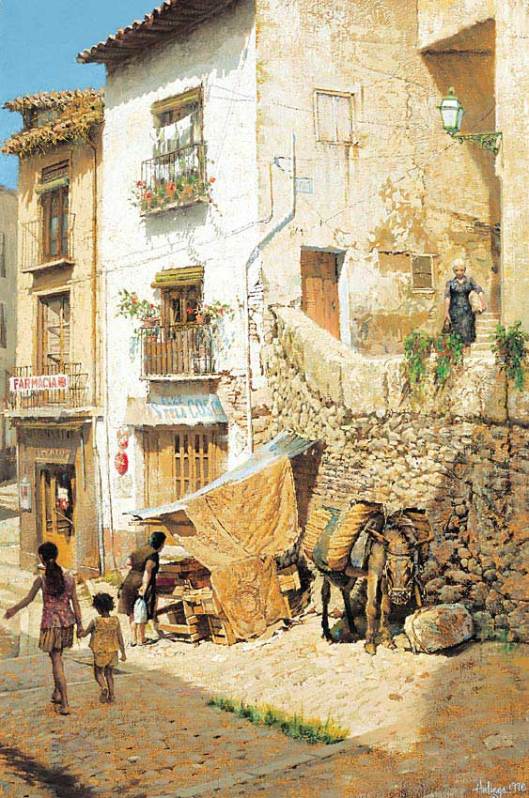Torn, by Rowenna Miller (Orbit)
In a land and time not too distant from our own Western
European late 17th Century, first-generation immigrant Sophie is at
last achieving her dream and pulling herself out of poverty. She’s managed to
get a license to operate her dressmaking shop and even hire a couple of
assistants. It’s enough to not only support her but to help her brother,
Kristos, a day laborer who also has a dream: achieving fair working conditions
for his comrades. But Sophie is no ordinary seamstress: she has a flair for
design, and she’s inherited her mother’s magical gifts. For special projects
for special patrons, she stitches in spells of love, of protection, of luck.
Her upward mobility blinds her to the nativism and bigotry that give rise to
endemic social and economic injustice. Just as Sophie gets her big break, creating
spell-stitched garments for the aristocracy, the workers’ revolution begins to
heat up. Initially nonviolent, the protests become increasingly confrontational
-- and deadly -- under the direction of a mysterious leader, an academic who
himself has foreign roots and who has an agenda of his own…and a use for
Sophie’s special talents.
Sophie is an interesting character, and we see her changing
world through the lens of her own frantic attempts at head-in-the-sand neutrality.
In times of upheaval, those who have scratched together a little are even more
desperate to hold on to it than those who have nothing. It would be easy to
portray the workers’ movement as ill-conceived and naïve, playing into the
hands of an unscrupulous, power-hungry manipulator. Certainly, from Sophie’s
vantage, the revolution lurches from one fulminating disaster to another, and
if the leaders would just go home and let her continue in her
business-as-usual, that would be fine with her. In some ways, the noble ladies
who include her in their salons are more politically astute, and more aware of
how unstable their society has become. For this very reason, telling the story
from Sophie’s viewpoint highlights the hypocrisies on all sides, for she is
both an innocent victim caught in the cross-fire and complicit in the
maintenance of an oppressive regime. Yet if bloody upheaval comes at too great
a cost, what is a better path forward? Our world has yet to figure that out.
Perhaps, as this series unfolds, Sophie’s world will.
The verdict: Surprisingly deep socially aware fantasy, plus
a very cool magical system.












